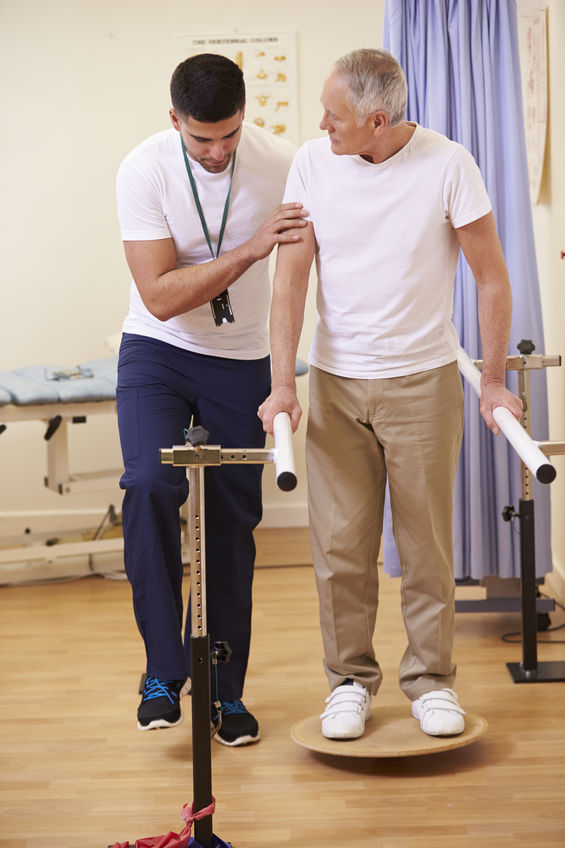
P.S. Probably Not What You Think
If you are of a certain age, you might not know that Personal Care and Assisted Living are essentially the same thing. Today’s Personal Care has evolved into a highly personal and flexible medical discipline, designed to meet each patient’s needs for support towards maintaining as independent a lifestyle as possible.
To be honest, that little piece of information is a relief. When some of us think of Assisted Living, we might think back to the days when the term conjured up images of rooms full of people lined up for medication and a meal. Thank goodness, that’s no longer the case. Today, Personal Care provides a continuum of care and personal assistance, custom-tailored to each resident’s needs. When a resident needs a little more support, that help is available, and can be adjusted as needed over time.
The key factor is to provide support and assistance with respect for every person’s independence and dignity. That’s what separates Personal Care here at Chandler Hall from personal care elsewhere – our caregivers are dedicated to making sure that care is given based on our resident’s needs and schedule. We adapt to them rather than vice versa. And that’s a critical difference. By forming personal relationships with each resident, our community stands out as compassionate and collaborative.
And should a patient require a higher level of skilled nursing, care is available here on campus in Chandler Hall’s Friends Nursing Home. In other personal care communities, additional levels of care aren’t always available, and some folks even send their residents in need of skilled nursing care to other facilities- so you aren’t guaranteed any sense of a continuum of care or caregivers.
The History of Personal Care
The terms Personal Care and Assisted Living are terms that were used interchangeably until 2011, when the Commonwealth of Pennsylvania started licensing communities differently. Personal Care and Assisted Living facilities both provide housing, meals, assistance with medications, and personal care tasks such as bathing and dressing. Today’s Assisted Living residences provide some additional skilled nursing services as well. Different facilities may call them different names, but this newer distinction of care provides the ability for patients and families to seek out the exact level of care that they or their loved one requires.
What a Personal Care Community Provides
A Personal Care Community provides a homelike environment that is a Personal Care Community provides a homelike environment that is designed to accommodate a person’s physical limitations, such as wheelchair and walker friendly entrances and doorways as well as all forms of accessibility. Grab bars and accessible showers and accessible counter heights make all the difference when working to maintain one’s independence. Further, a Personal Care community provides housekeeping support and relief from the burden of home maintenance, while still living their best lives in a welcoming and sharing community.
Personal Care May Be the Smarter Choice
Regulatory requirements in Pennsylvania demand different staffing levels in Assisted Living facilities due to the increased need for higher levels of medical services such as a 24/7 nursing need and registered dietitian. That sounds great, but you might be surprised at how many assisted care communities have only limited or no skilled nursing services on campus. That means if you ever have a fall, need surgery or rehab services, you may need to go to another facility that provides longer-term rehabilitation services as you recover from a joint-replacement or other medical issue. By contrast, Chandler Hall has the ability to provide a continuum of care should a person’s needs change. We have skilled nursing and rehabilitation services right here on campus, providing you with seamless transitions to the care you need – along with the familiar team and caregivers who know you well.
What Chandler Hall Personal Care Looks Like
Just as there are variables that attract you when looking to purchase an automobile or a home, there are variables that should attract you when choosing Personal Care. At Chandler Hall, we believe that one of the most important services that we provide is person-centered care.
We recognize that older adults are independent, accomplished individuals who deserve respect and deference especially when assistance is required due to the natural aspects of aging. While it can seem “easier” for the caregiver to just take over a task, this just goes against the grain of “person-centered care”. And person-centered care is one of the cornerstones of Chandler Hall’s Quaker centered beliefs.
Person-centered care can be defined as treating each person as an individual. It is a philosophy that sees people as partners in the planning, developing and monitoring of the care to make sure that each patient gets the exact care that he or she needs. It offers choices and customized experiences to meet individual needs and preferences.
It is Important to Know
When choosing Personal Care, it is important to know that should the journey change, you or your loved ones have options. Knowing that there is a “next step” or “next level” of care available should it be needed is important. Minimizing disruptions to routine, place, staffing and familiar faces helps make the journey of aging that much easier.
For additional information about Chandler Hall’s Personal Care program, please contact Patricia Curry at (267) 291-2300 for more information.

